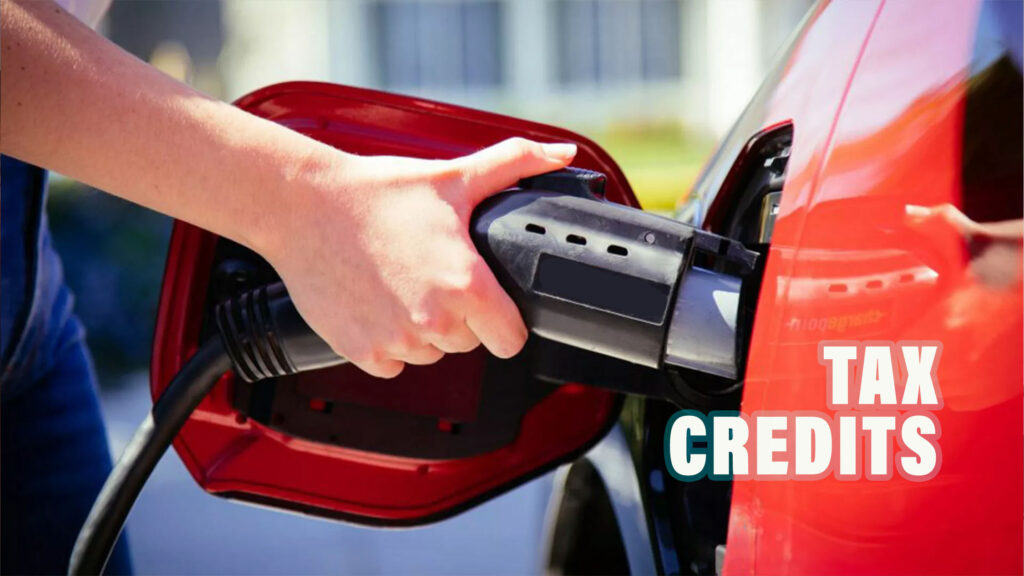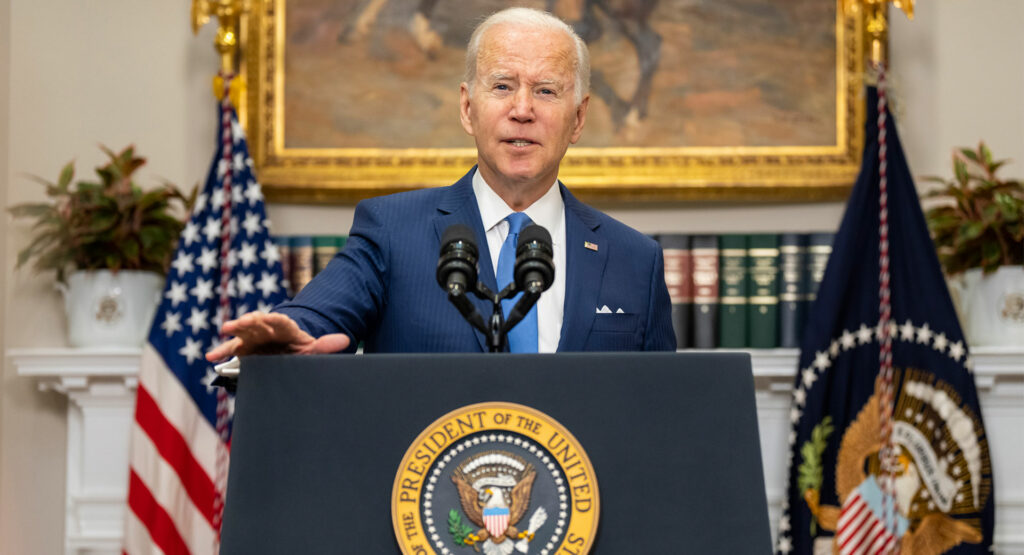Administration is expected to announce new rules on Friday regarding the use of Chinese batteries and battery components
3 hours ago
 –>
–> 
–>
Like any career politician, President Biden knows how tricky it is to keep everyone happy. Anything you do to please one group will surely antagonize another, and that’s as true for rules concerning EV tax credits as it is for immigration or gun laws.
Against the objections of thousands of car dealers, the Biden Administration wants to push as many people as possible into electric cars over the next few years to help combat climate change, and has been offering tax credits to EV buyers to help mold their buying habits.
But the government also wants to limit China’s influence in the U.S., give domestic automakers a boost, and encourage investment in North American battery operations by restricting the availability of those credits. Starting in 2024, with more serious restrictions following in 2025, credits would be unavailable to EVs whose batteries and battery components were made in locations with connections to undesirable countries like China, North Korea, Russia, and Iran.
advertisement scroll to continue
Related: Nearly 4,000 Car Dealers Plead With President Biden To Slow EV Push

It’s a noble objective but it’s caused chaos for a number of reasons. For one, U.S. carmakers, like those elsewhere in the West, are for the most part so reliant on Chinese battery tech that they can’t just switch to homegrown power packs at the drop of a hat. Brands including Ford, GM and Hyundai are all investing in battery plants within North America, but it could be years before they’re all operational.
And it’s not only where the battery is compiled that matters, but where the minerals that make up that battery are found. As the New York Times points out, there are plenty of plans in place to build batteries in the U.S., but not many to source the minerals there. The terms of the Inflation Reduction Act, which outlined the rules on battery sourcing, have also gone down like a lead balloon with many Western carmakers located outside of the U.S. whose EVs also no longer qualify for credits because their cars aren’t built in North America.
So this Friday the Biden administration is expected to clarify the rules and lay out details about how much foreign content EVs will be allowed to feature while still qualifying for tax credits. It’s a real tightrope, and rumors suggest Biden will relax the rules on battery sourcing for a period of time, a move that will be met with relief by automakers and EV advocates, but dismay by those hostile to China.

 <!–
<!– –>
–> 
